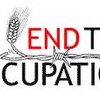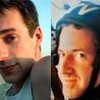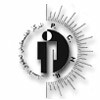
Masked men attack Palestinian TV station
2 February 2004
At around 4:00 a.m. on Monday, February 2, three masked Palestinian men carrying automatic rifles stormed the offices of the Ramallah-based Al-Quds Educational Television, according to staff. Assistant Manager Haroun Abu Arrah, one of two station employees present at the time, told CPJ that one of the men demanded a “tape,” and when Abu Arrah asked for clarification the assailants began beating the two staffers with rifle butts and fists. After the beating, two of the assailants went into another room and fired several rounds at some of the station’s equipment, destroying computer screens and video equipment. Read more about Masked men attack Palestinian TV station








